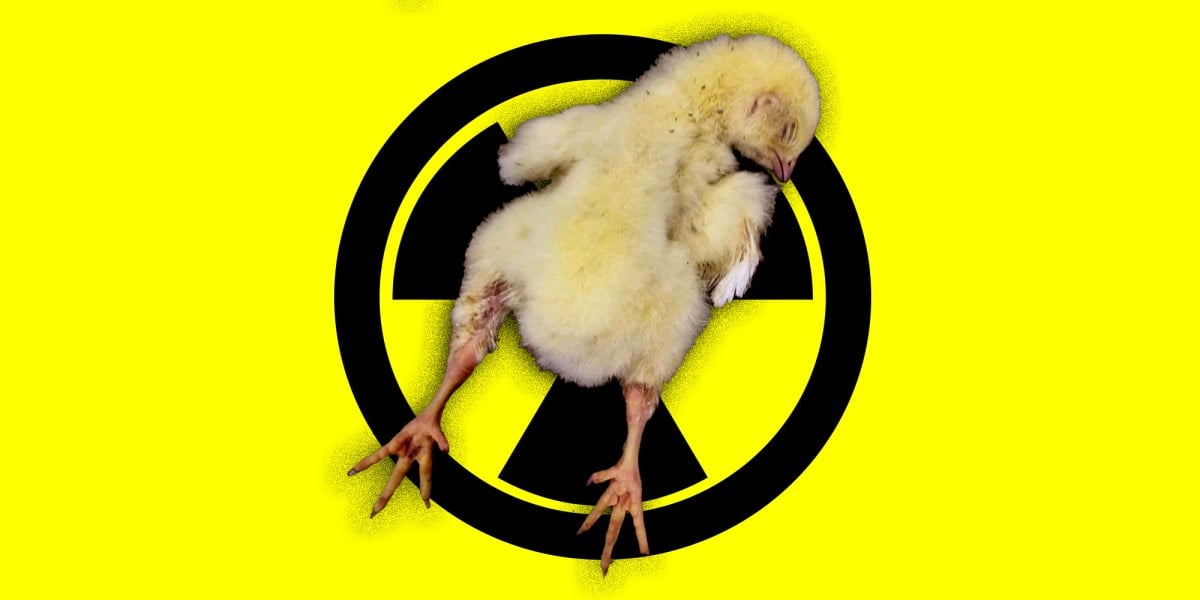

Nothing that has or will happen can stop the parts of Android that are already open from remaining open. Yes there will be fewer choices. Yes this means alternative ROM makers will have no choice but to shoulder more of the development burden themselves. And yes this means there’s going to be significantly fewer open Android devices and new manufacturers will have to make the intentional effort to make and sell new devices that are free by design - a few of which already exist.
But no matter how many obstacles open Android has, the thing you’re ignoring is that it’s still in a far better place than mobile Linux. For a start, any device that respects rights enough to be Linux compatible will automatically be compatible with free and degoogled versions of Android as well.
What these growing problems are is a galvanizing call. Samsung, Xiaomi, and OnePlus, and Google were never our friends. Whatever their imperfections, at least Pine64, Purism, BQ, Planet Computers, Murena, Fairphone, F(x)tec, Volla, and SHIFT have sold hardware that was rights respecting by design. We need more companies or other organizations to do that, and we need to choose to buy and promote more devices like that.
And as that happens more, open Android and Linux are going to benefit equally, but there’s no getting around the fact that for now and the forseeable future, the open Android variants are still far more mature, far more feature-complete, way closer to the kind of user experience the vast majority of people expect, and far more established.
And again, probably the biggest missing thing we need there is an app marketplace that competes more directly with Google Play, that gives more devs good incentives to want to switch away from Play.












No, in a lot of ways the open Android roms keep getting better, despite every possible obstacle being thrown in their way. It’s easy to make a mature platform sound like it has “stalled”, when you’re comparing it to alternatives that are still so unusably bad that they have nowhere to go but up.
Do what you want, but get real. If you care more about making your ideals happen, maybe stop debating internet randos so feverishly, and start making pull requests.